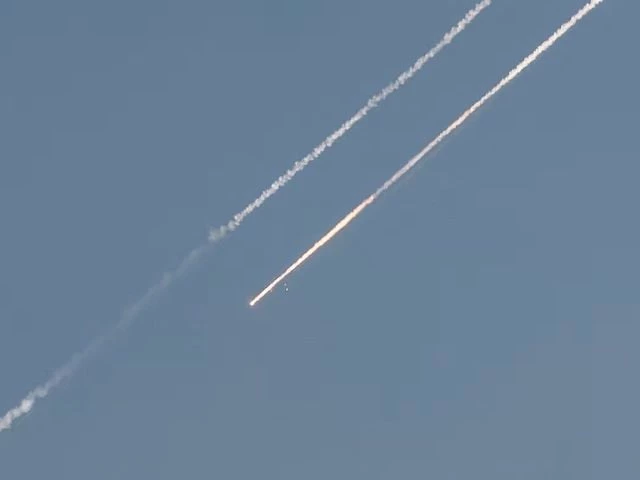Despite former US President Donald Trump’s declaration of a ceasefire between Iran and Israel, uncertainty prevails as official confirmations from both nations remain absent. While an Iranian official stated Tehran agreed to a truce, Iranian Foreign Minister Abbas Araghchi contradicted this, asserting that no formal agreement had been reached. He said Iran would only halt attacks if Israel ceased its “illegal aggression” by 4 a.m. local time.
Israel has not officially responded to the ceasefire claim. However, no new Israeli strikes on Iran have been reported since Trump’s announcement. Araghchi emphasized on social media that there was no signed ceasefire, stating the final decision on halting operations would be made later.
Trump, speaking via Truth Social, praised both nations for their “stamina and intelligence” in supposedly ending the 12-day war. Yet, just hours later, Iranian missile attacks struck the southern Israeli city of Beersheba, reportedly killing at least eight people and damaging infrastructure. Witnesses also reported explosions near Tel Aviv.
A White House official revealed that Trump personally spoke to Israeli Prime Minister Benjamin Netanyahu, while Vice President JD Vance and others negotiated with Tehran. Iran reportedly agreed to refrain from further attacks, contingent upon Israel doing the same.
READ MORE:
Government Relaxes Asset Purchase Rules for Non-Filers
Qatar played a key role in mediating with Tehran, leading to the reopening of Qatar’s airspace and resumption of Qatar Airways flights, although delays were reported. Despite some calm, the region remains tense with Israeli evacuation warnings in Tehran and fears of renewed hostilities.
The backdrop to these developments includes the US bombing of Iran’s nuclear sites, which triggered this recent escalation. Trump’s move was seen as a significant shift from his usual stance of avoiding foreign wars.
Meanwhile, the conflict has raised questions about the succession of Iran’s Supreme Leader Ayatollah Ali Khamenei, who is reportedly in hiding. Two main successors are being discussed: Mojtaba Khamenei, the leader’s son, and Hassan Khomeini, grandson of Iran’s revolutionary founder, who is viewed as a potentially moderate option amid mounting internal and international pressure.
While markets briefly responded positively to the ceasefire announcement, geopolitical risks remain high as neither Iran nor Israel has formally committed to ending the hostilities.



